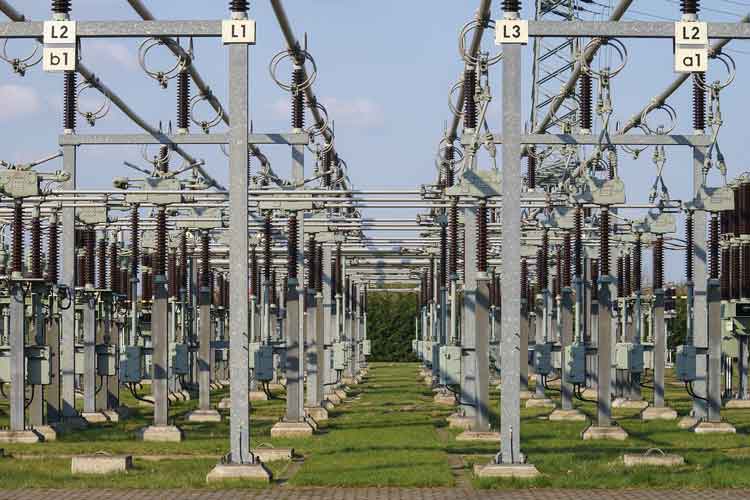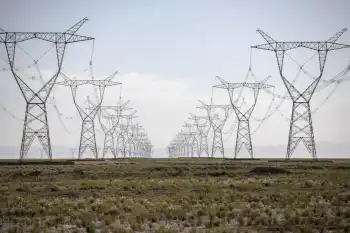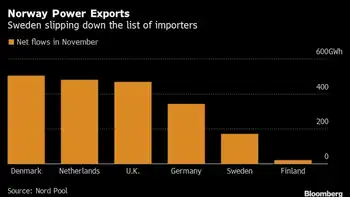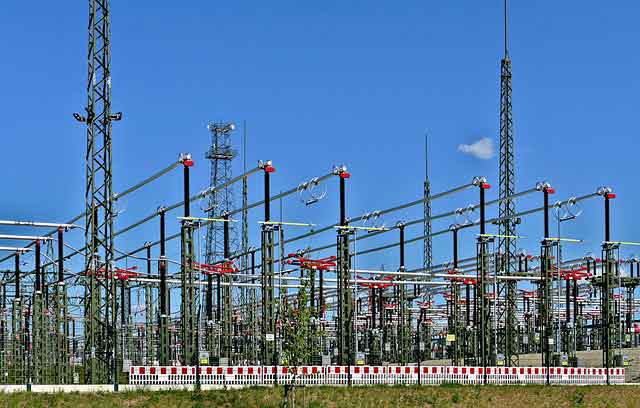Carbon plan could mean higher utility bills
By Associated Press
Protective Relay Training - Basic
Our customized live online or in‑person group training can be delivered to your staff at your location.

- Live Online
- 12 hours Instructor-led
- Group Training Available
The system proposed in Congress would force utilities to reduce their emissions or pay extra for pollution credits.
The St. Louis Post-Dispatch reported that Missouri gets 80 percent of its electricity from coal. And AmerenUE has said the carbon plan would cause rates for the state's electric customers to rise 10 to 20 percent by 2015 and more in future years. Other non-carbon-plan related rate increases would remain possible.
Ameren has said carbon caps also could force it to close its Meramec plant in south St. Louis County. The plant, which was built in 1953, is the oldest of the utility's coal-fired plants, and among the cheapest to operate. It burns 380 tons of coal an hour.
Warren Wood, president of the Missouri Energy Development Association, the Jefferson City-based lobby for investor-owned utilities, said other coal-fired plants in the state and region also might close.
"They may not be justifiable to continue to operate, and you'll frankly be retiring a resource that still probably has decades of useful service in it," Wood said. "That doesn't come cheap."
The bill proposed in Congress would require the country to reduce carbon dioxide and other greenhouse gas emissions that can lead to climate change — by 17 percent by 2020 and about 80 percent by the next century. To do that, electricity producers and industrial plants would have to make a dramatic shift away from the use of fossil fuels through increased efficiency, move toward greater use of renewable energy or pay for ways to capture carbon emissions.
But Ameren says not even aggressive cuts in energy use will negate the effect of attaching a price to carbon.
"If we're effective with energy efficiency deployment, you may not see your bill go up as much (because customers will use less electricity), but your rates will go up," Shawn Schukar, the executive tasked with coordinating Ameren's climate strategy, said.
Estimates of the bill's affect on consumers have differed. The Environmental Protection Agency estimates the annual affect on consumers to be $80 to $111, while the Congressional Budget Office projects it will be $175 a year.
Many Missouri energy executives say both analyses are flawed and argue that the bill disproportionately hurts states that are most dependent on coal.
"This is the largest wealth transfer in the history of mankind," Jeff Davis, a Republican member of the Missouri Public Service Commission, which regulates utilities, said. "You're taxing Midwest consumers and you're basically giving utilities out on the West Coast that have wind and solar more than their fair share of (emissions) credits."











